By the side of a dusty road, a chair and a table were hurriedly wiped down as eager hands gestured for me to take a seat.
More chairs were brought out and, alongside a side of lamb gently swaying from a hook outside the butcher’s next door, I met the leaders of a small, poor community near the city of Jableh.
Like many in Jableh, they are Alawites, a minority from which the Assad family descends.
Syria latest: UK in ‘diplomatic contact’ with rebel group
For a large part of the civil war in Syria, which started in 2011, they were closeted from much of the violence that swept across the country.
For 50 years, many of the Assad family’s main military advisers and commanders were Alawites, and it’s impossible to overstate the resentment felt by much of Syrian society towards their communities.
During the conversation, it was clear they’re plain scared – scared of sectarian retribution.
Community leader Muhammad Issa Allan told me they want an end to patrols of masked HTS (Hayat Tahrir al Sham) soldiers on pick-up trucks with heavy machine guns.
Instead they want organised patrols with local representatives riding alongside the rebel forces.
“We want one state, and one people, and we wish that things will go on and improve,” he explained to me.
“We don’t want mafias, we want the Syrian state to be united as one.”
I watched as other members of the community nodded in agreement.
“We need security for minorities in Syria, we want civilian police, not masked men, and an acknowledgement of our own rights being a minority,” Mahmoud Mahmoud chimed in.
What is interesting is how they all seem to want to be part of the new Syria as long as their rights are protected.
“We just want to live in security because everyone is definitely scared now – nobody is not scared now – but for sure we should all unite to work to overcome the problems and work together, we are all one,” Roula Allan told me.
“We are afraid of losing security and having sectarianism. During the era of the criminal we used to live in a segregated way, now we want to live in a secure way, we want security and health.”
👉 Tap to follow The World wherever you get your podcasts 👈
The people here claim life for them under Assad wasn’t noticeably better than it was for others – although outside the Alawite community I have yet to meet anyone who would agree with them.
In a country where checkpoints were a dreary part of everyday life for decades, it has been refreshing to see very few.
But, at the entrance to Jableh, an armed HTS checkpoint was noticeably present – guarding all entry and exit.
On the main street in the city centre itself, patrols seem remarkably out of place.
Read more:
Children dig up bones where dozens murdered
Jets scream overhead outside Russia base in Syria
The soldiers – some with long black hair and wearing fatigues, or in balaclavas carrying heavy machine guns – feel more like an occupying army than protectors of a new, free country.
There is talk in town that HTS representatives have been arranging meetings with the Alawite community to try to find some common ground, but for those living here there is still a nervous tension.
If the new government want to make this new freedom a success, they will have to acknowledge and protect all the minority communities in Syria, and that could be a real test.

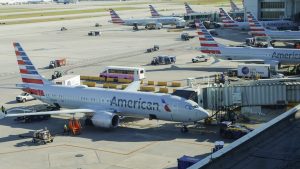

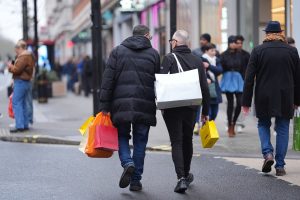






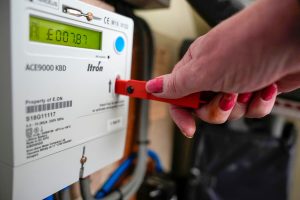

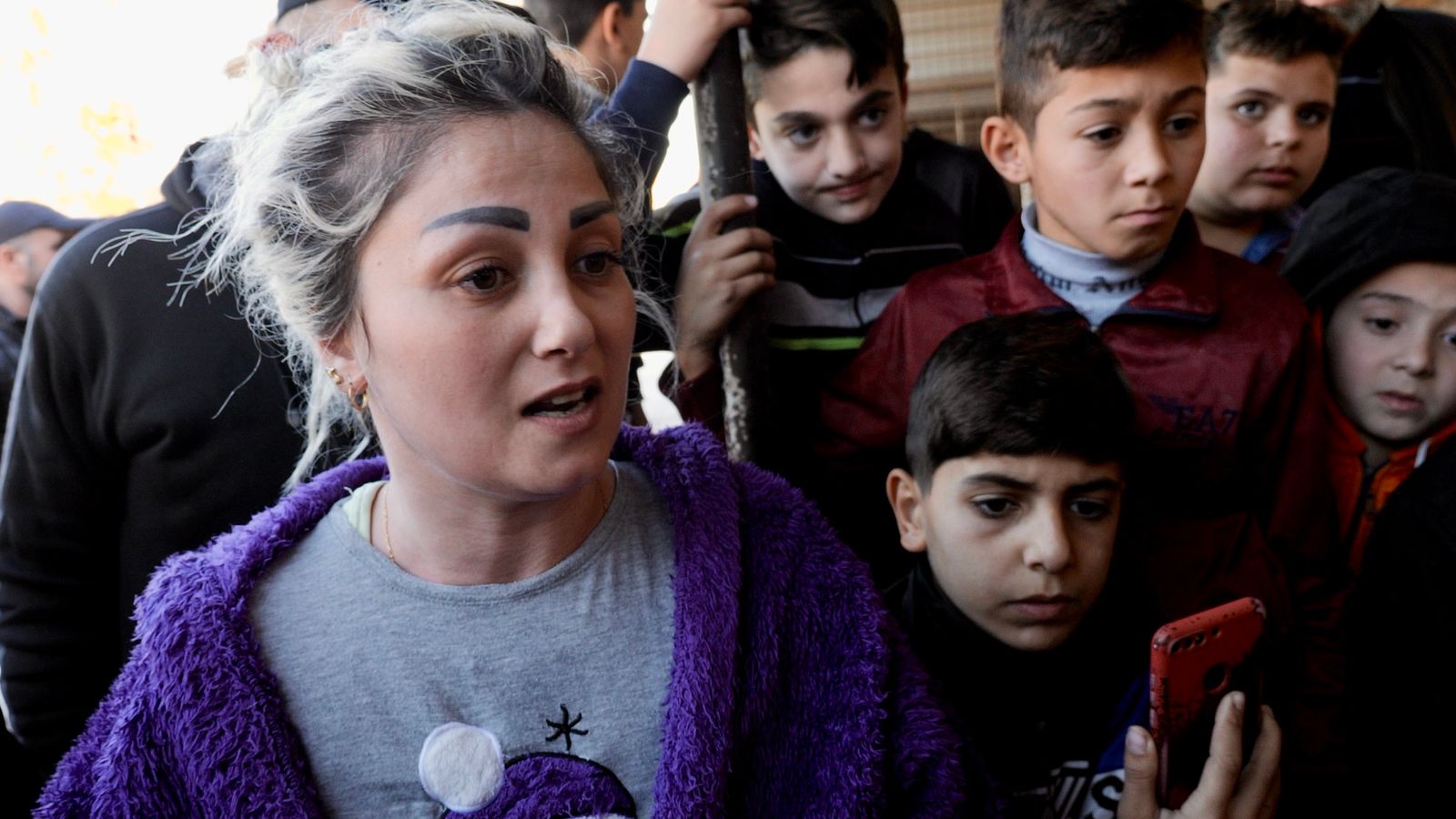



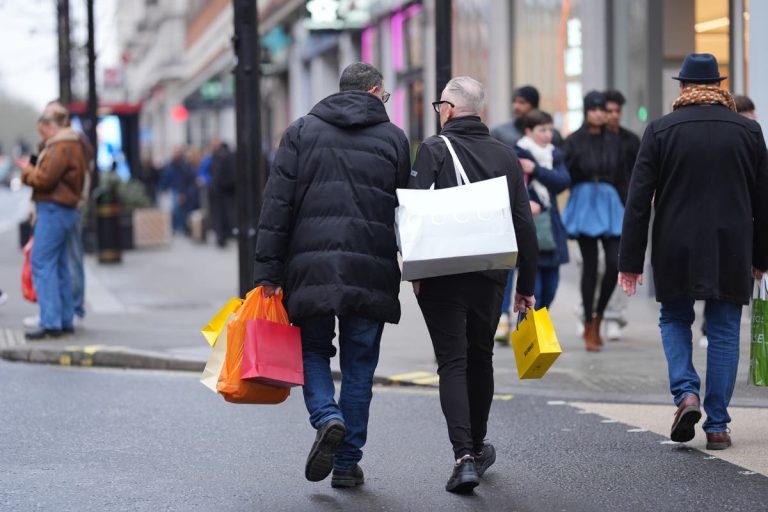

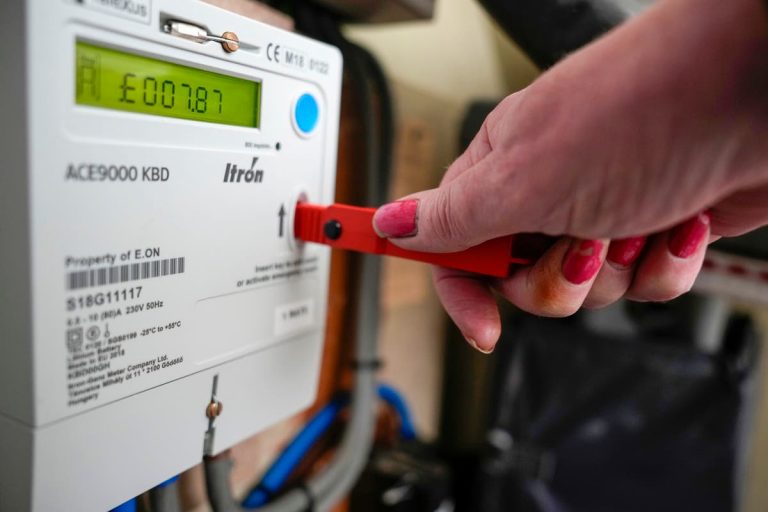

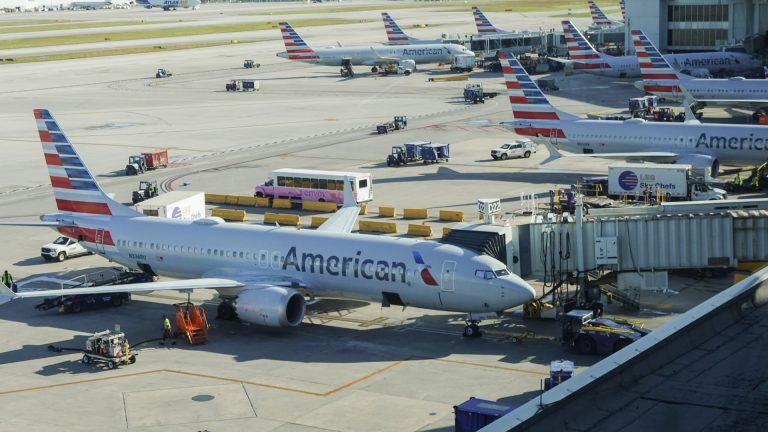





+ There are no comments
Add yours